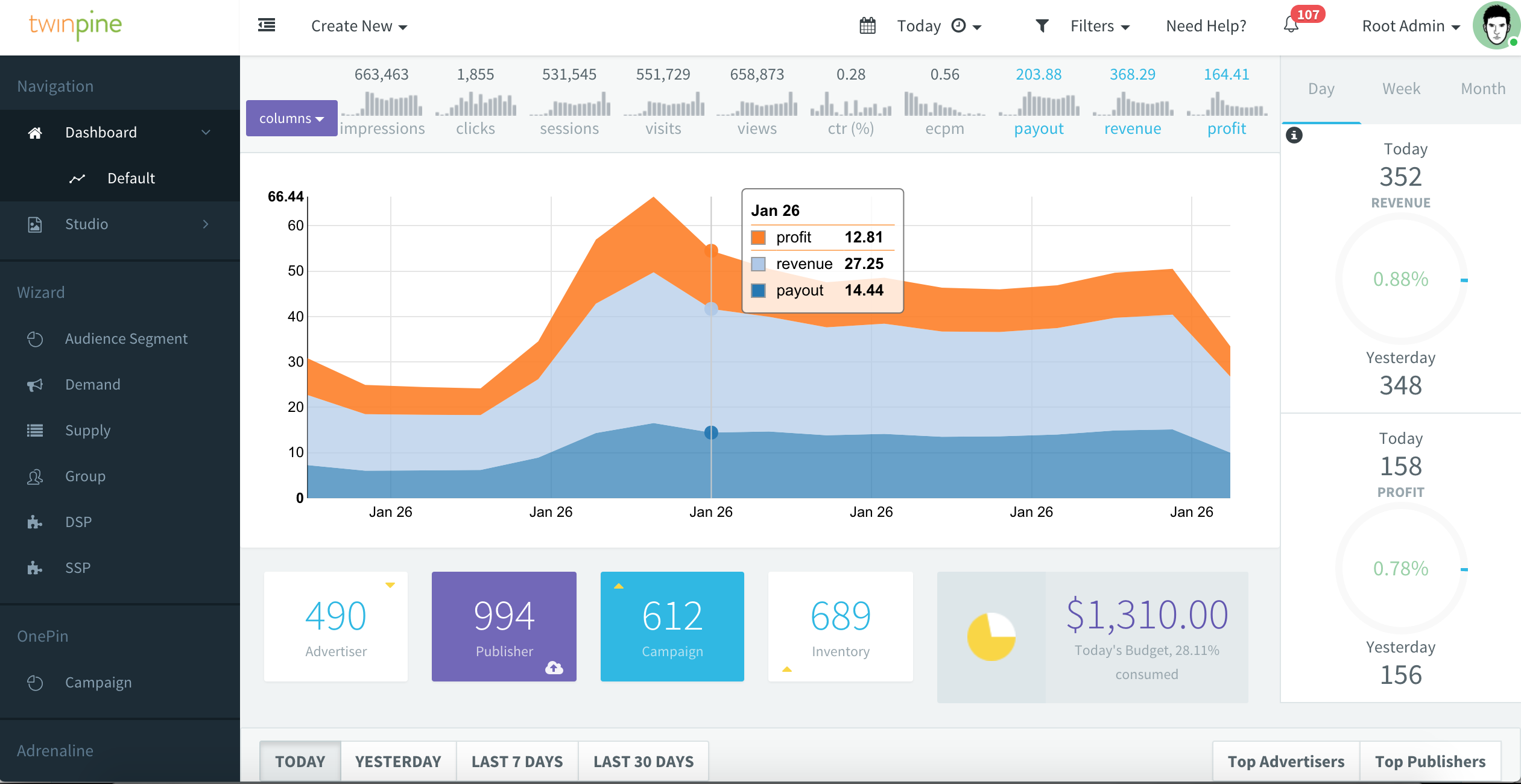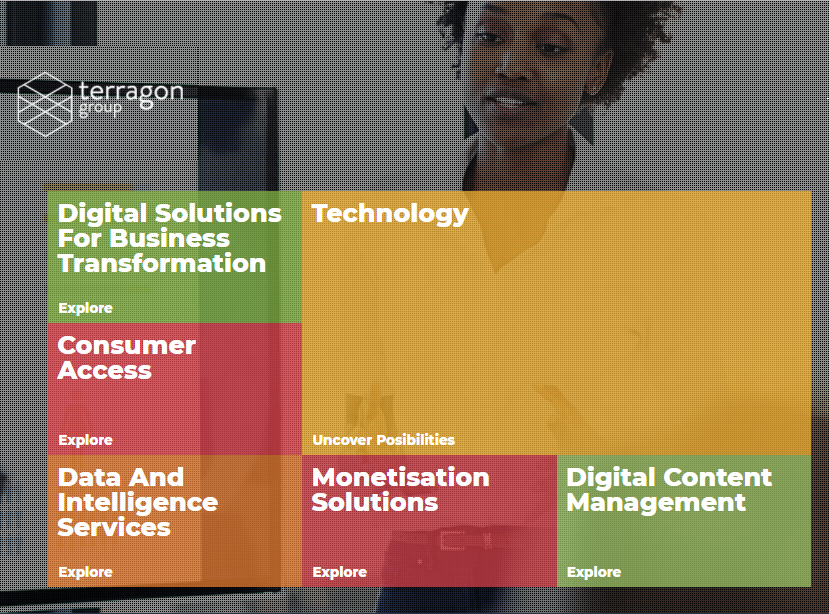The African venture firm TLcom Capital is betting on Africa’s data analytics markets with a $5 million investment in Nigerian-based Terragon Group, the developer of a software analytics service for customer acquisition.
TLcom’s commitment is the second from its $40 million TIDE Africa Fund for early and growth-stage digital companies.
“We liked…that the business has matured into a new platform with very strong technology behind it,” said TLcom Capital Partner, Ido Sum. “It allows the largest advertisers and brands…to reach consumers in a way they couldn’t do before.”
Located in Lagos, Terragon’s software services give its clients — primarily telecommunications and financial services companies — data on Africa’s growing consumer markets.
Products allow users to drill down on multiple combinations of behavioral and demographic information and reach consumers through video and SMS campaigns while connecting to online sales and payments systems, according to the company.
“We can track across several layers — web, mobile, mobile money — and track data to do things channel agnostically,” said Terragon CEO Elo Umeh, on how Terragon captures consumer info from multiple sources.

These tracking services are enabled by a lack of regulation around data privacy in the country. “There is currently no comprehensive data privacy or personal information protection law in Nigeria,” said CTO Ayodeji Balogun of Terragon’s largest market. “A bill is being considered and we are actively engaging with regulators and legislators to create a clear path.”
Beyond government mandates, Balogun highlighted Terragon’s internal controls. “Adrenaline was built using a comprehensive data governance framework to ensure data security and consumer privacy,” he said. The company is also working with Deloitte to implement ISO/IEC 27001 information security standards “across all our platforms, systems, and processes,” said Balogun.
The company has a team of 100 employees across Nigeria, Kenya, Ghana and South Africa. Top customer sectors across countries span fast-moving consumer goods, financial services, gaming and betting and NGOs, according to Umeh.
“We are helping everyone we work for to intelligently reach the mobile user in Africa,” he said. “We are providing them data…driving accuracy, and making sure they are communicating with the right person at the right time, and at the right place.”
Terragon generates revenue primarily on transaction facilitation for its clients. TLcom Capital is their first formal investor, according to Umeh. Though the company does not release financial statements, he said Terragon had bootstrapped itself into the black. “We are profitable. We’ve been in business for eight years and have grown to revenues of between $4 and $5 million dollars a year.”

Consumer research in Africa is emerging as a professional industry as the continent’s large informal business space — representing some 55 percent of the continent’s economic activity — modernizes. The growth of consumer spending, e-commerce, mobile penetration and Africa’s improving broadband landscape are facilitating this, while creating opportunities for data services.
Big global firms such as Nielsen and Euromonitor have upped their African consumer research offerings. An American company, GeoPoll, has also built out a digital survey service and database in multiple African countries, and mSurvey, a Kenyan-based startup specializing in mobile data collection, developed a Consumer Wallet product with partner Safaricom in 2017 and recently expanded in to Nigeria.
Meanwhile, Umeh sees global possibilities for the company’s platform. Terragon already has a consumer data research and development team in India and is contemplating expansion in Asia and the Americas. “Today the strategy is to be dominant on the continent of Africa,” said Umeh. “At some stage we’ll look at licensing our technology into Southeast Asia and Latin America. We think our technology is relevant South of the equator. We also think we can generate interest out of large advertisers looking at Africa from New York,” he said.
from TechCrunch https://ift.tt/2E5dcM5
via IFTTT
Comments
Post a Comment